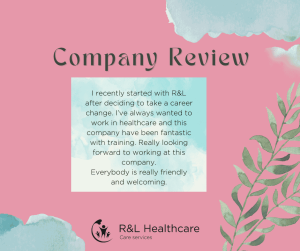Allergies – what should we know?
What is an allergy?
Allergies are hypersensitivity reactions to particles or substances (allergens) which, if inhaled, ingested or touched, produce various symptoms.
The predominant allergens in our environment are pollens – which cause hay fever – and dust mites, followed by drugs and food. Currently, between 30% and 40% of the world’s population suffer from one or more allergies.
What are the main symptoms?
The most common symptoms are:
Itchy skin and eyes
Sneezing or runny nose
Coughing and an itchy throat
Wheezing in the chest.
The symptoms vary greatly in terms of their location, intensity and severity. They are usually mild, but in some cases there may be serious allergic reactions that can even cause death.
Preventing allergies
The most obvious prevention is to avoid the substance to which you are allergic, if it is known.
In order to avoid the allergen, we need to be aware that pollens (highest in March-August) and mites (in mattresses, carpets, cuddly toys) are very common in cities. Pet hair can also carry allergens. We must keep our houses properly cleaned and prevent dust build-up.
In the case of medicine or food allergies, we can try to identify the allergen and not ingest it in any form.
It is extremely important not to self-medicate or self-diagnose. You should always speak to your GP to diagnose and prescribe the most suitable treatment for your clinical and personal situation.
Serious allergic reactions
What is Anaphylaxis?
It is the most severe allergic reaction and is defined as a generalised allergic reaction, of rapid onset. It can be fatal in very extreme cases, especially if symptoms are not recognised and treated quickly.
The most frequent causes of anaphylaxis include medications, foods and bee and wasp stings. Anaphylaxis is characterised by the presence of suggestive symptoms of allergy involving multiple systems of body, skin, respiratory system, digestive tract or cardiovascular system. The most severe anaphylaxis occurs when it affects the cardiovascular system, known as anaphylactic shock. It can produce low blood pressure, tachycardia with a feeling of palpitations or neurological symptoms secondary to the decrease of blood supply, such as dizziness or loss of consciousness.
Action: Visit your nearest health centre urgently.
Read more about Allergies from NHS Choices
Met Office Pollen Forecast and Pollen Calendar
Sources:
Accreditation of External Prevention Service for the specialties of Work Safety, Industrial Hygiene, Ergonomics and Applied Psychosociology and Occupational Medicine with health surveillance in the national scope, Ref. CM4 / 1997.












